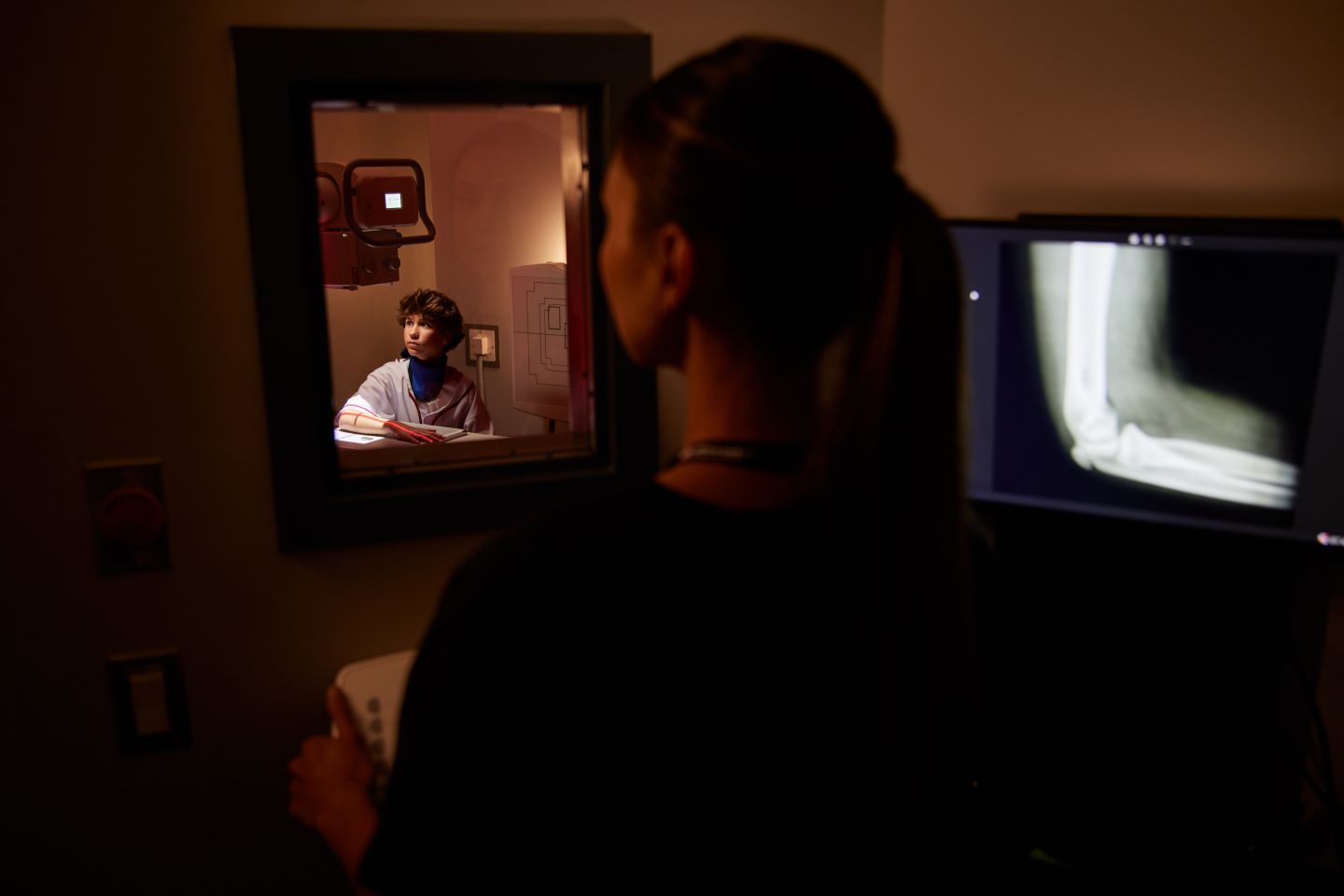
Whiplash can often be diagnosed through a history and physical examination. Depending on your symptoms, how long they have lasted, and how the injury occurred, your doctor may order imaging tests like X-ray services to confirm the extent of the injury. While commonly associated with car accidents, whiplash can also occur from sports injuries, falls, or physical assaults. It's characterized by symptoms like neck pain and stiffness, headaches, and even cognitive disturbances, which can significantly impact an individual's daily life.
Understanding Whiplash
Whiplash is a type of neck injury resulting from a sudden and forceful back-and-forth movement of the head and neck, commonly occurring in rear-end car collisions. This rapid motion can cause damage to the muscles and tissues of the neck. A whiplash injury can damage different parts of the neck, such as ligaments, bones, discs, nerves, and muscles. Whiplash typically results from a rapid acceleration followed by an equally rapid deceleration, causing the neck to hyperextend and then hyperflex, leading to injury.
Diagnosing whiplash typically begins with a thorough physical examination conducted by a healthcare provider. During the examination, the healthcare provider will assess the range of motion in the neck, muscle strength, and areas of tenderness. They will also inquire about the circumstances of the injury and any pre-existing conditions that may affect the diagnosis and treatment.
X-Ray Services for Whiplash Diagnosis?
X-rays can help to identify fractures or other bone injuries. Their ability to detect fractures, dislocations, and other bony abnormalities has made them a standard tool in assessing acute injuries resulting from accidents or trauma.
Despite their effectiveness in detecting bone injuries, X-rays have limitations when it comes to diagnosing whiplash. Soft tissue injuries, such as muscle strains, ligament sprains, and intervertebral disc herniations, which are hallmarks of whiplash, may not be visible on X-ray images. This is because X-rays primarily capture images of bones and do not provide detailed visualization of soft tissues.
While X-rays may not be the primary diagnostic tool for whiplash, they can still serve a purpose in ruling out other conditions that may have similar symptoms. For instance, X-rays can help identify fractures or dislocations requiring immediate medical attention, thus differentiating them from typical soft tissue injuries associated with whiplash.
Alternatives to X-Ray Diagnosis
Healthcare providers can often diagnose whiplash through meticulous physical examinations, detailed medical history reviews, and the evaluation of presenting symptoms. The physical examination can help identify areas of tenderness, limitations in range of motion, and other signs indicative of soft tissue injuries.
Additionally, alternative diagnostic imaging methods offer valuable insights into whiplash injuries beyond what X-rays can provide. Computed tomography (CT) scans and magnetic resonance imaging (MRI) scans excel in detecting soft tissue damage, including muscle strains, ligament injuries, and disc herniations. Their superior visualization of soft tissues makes them indispensable tools in diagnosing whiplash accurately.
Head to AFC American Family Care Auburn & Opelika AL
At AFC Auburn & Opelika, we understand the importance of a comprehensive evaluation when it comes to diagnosing whiplash injuries. Our experienced healthcare providers are trained to conduct thorough physical health examinations, review medical histories, and assess symptoms to diagnose whiplash and formulate personalized treatment plans accurately.
Patient-centered care is our priority. We strive to create a welcoming and supportive environment where patients feel heard, understood, and empowered in their healthcare journeys. Our compassionate team is dedicated to providing quick, personalized care and support to help patients recover from whiplash injuries and regain function.
Don't let whiplash hold you back from living your life to the fullest. Contact AFC Auburn & Opelika now to schedule an appointment or visit a walk-in clinic near you, and let us guide you on your journey to recovery.


